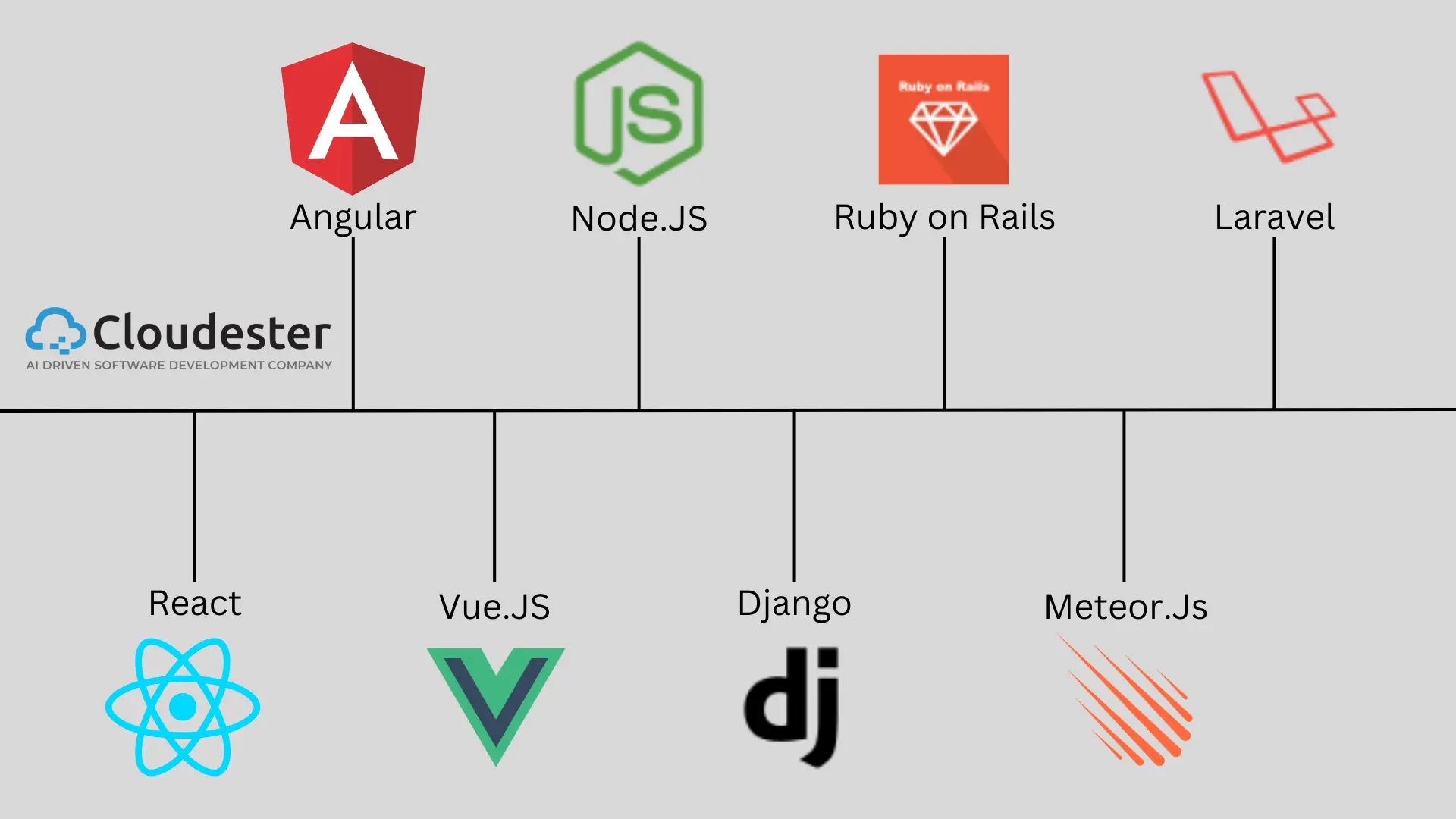🧾 Why Understanding the Difference Matters
Whether you own a home or rent an apartment, protecting your space and belongings from disasters is essential. But the type of insurance you need depends on what you own and where you live.
Many people think renters don’t need insurance, or that homeowners' insurance automatically covers everything, including their belongings. Wrong.
Let’s break down the difference between Homeowners Insurance and Renters Insurance so you can confidently choose the right protection.
🏡 What Is Homeowners Insurance?
Homeowners insurance (also called home insurance) is for people who own the property they live in—whether it's a house, condo, or townhome.
🔒 It typically covers:
The structure of the home (walls, roof, foundation)
Personal belongings (furniture, clothes, electronics)
Liability protection (if someone gets injured on your property)
Additional living expenses (if your home is unlivable after a covered event)
Example: If a tree falls on your house, homeowners insurance pays for roof repairs and possibly temporary housing.
🛋️ What Is Renters Insurance?
Renters' insurance is for people who rent an apartment, condo, or house. It doesn't cover the building itself (that’s your landlord’s job), but it protects you and your stuff.
🛡️ It typically covers:
Personal property inside the rental (e.g., laptop, bed, clothes)
Liability protection (if you accidentally cause damage or someone gets hurt in your unit)
Additional living expenses if you have to move out temporarily
Example: If a kitchen fire damages your belongings, renters insurance will help replace them—even if the landlord's policy doesn't.
🔍 Key Differences at a Glance
| Feature | Homeowners Insurance | Renters Insurance |
|---|---|---|
| Who it’s for | People who own their home | People who rent a home or apartment |
| Covers building structure | ✅ Yes | ❌ No |
| Covers personal items | ✅ Yes | ✅ Yes |
| Covers liability | ✅ Yes | ✅ Yes |
| Covers temporary housing | ✅ Yes (ALE) | ✅ Yes (ALE) |
| Average cost/year | ₹6,000 – ₹15,000+ (depending on value) | ₹1,000 – ₹3,000+ (very affordable) |
| Required by lenders | ✅ Yes, usually for mortgages | ❌ Not always, but often encouraged |
| Covers landlord property | ❌ No | ❌ No |
💡 What They Have in Common
Despite their differences, both policies provide:
Protection from fire, theft, vandalism, and some natural disasters
Liability coverage (e.g., someone slips in your home)
Coverage for additional living expenses if your space becomes uninhabitable
📦 What’s Not Covered in Either?
Neither policy typically covers:
Flood damage (separate policy needed)
Earthquakes (requires special endorsement)
Wear and tear or poor maintenance
High-value items (above a set limit, unless added with a rider)
🧠 Real-Life Scenarios
🧱 Scenario 1: You Own a House
A hailstorm damages your roof and destroys your living room TV.
Homeowners' insurance pays for both the roof and the TV (minus your deductible).
🏢 Scenario 2: You Rent an Apartment
A pipe bursts and ruins your couch and laptop.
Renters' insurance pays for your personal items, but the landlord handles building repairs.
💰 Which Costs More?
Homeowners' insurance is more expensive because it covers the structure and the land, making it more comprehensive.
Homeowners Insurance (India/U.S.): ₹6,000–₹25,000+ per year
Renters Insurance (India/U.S.): ₹1,000–₹5,000 per year
Still, renters' insurance gives a huge safety net at a low cost, especially for students or young professionals.
🛡️ Do You Need Both?
No—you need one or the other, based on your living situation.
But if you're:
A landlord: You need landlord insurance, not homeowners or renters
A tenant: You only need renters' insurance (the landlord handles the structure)
An owner-occupier: You need homeowners' insurance
📝 Final Thoughts: Pick the Right Shield for Your Shelter
Whether you rent a studio or own a bungalow, your home is your safe space. Having the right type of insurance makes sure you're protected financially when life throws the unexpected.
🧠 Tip: Always review your policy annually and adjust your coverage based on new purchases, changes in residence, or home improvements.













Recent Comments
No comments yet.